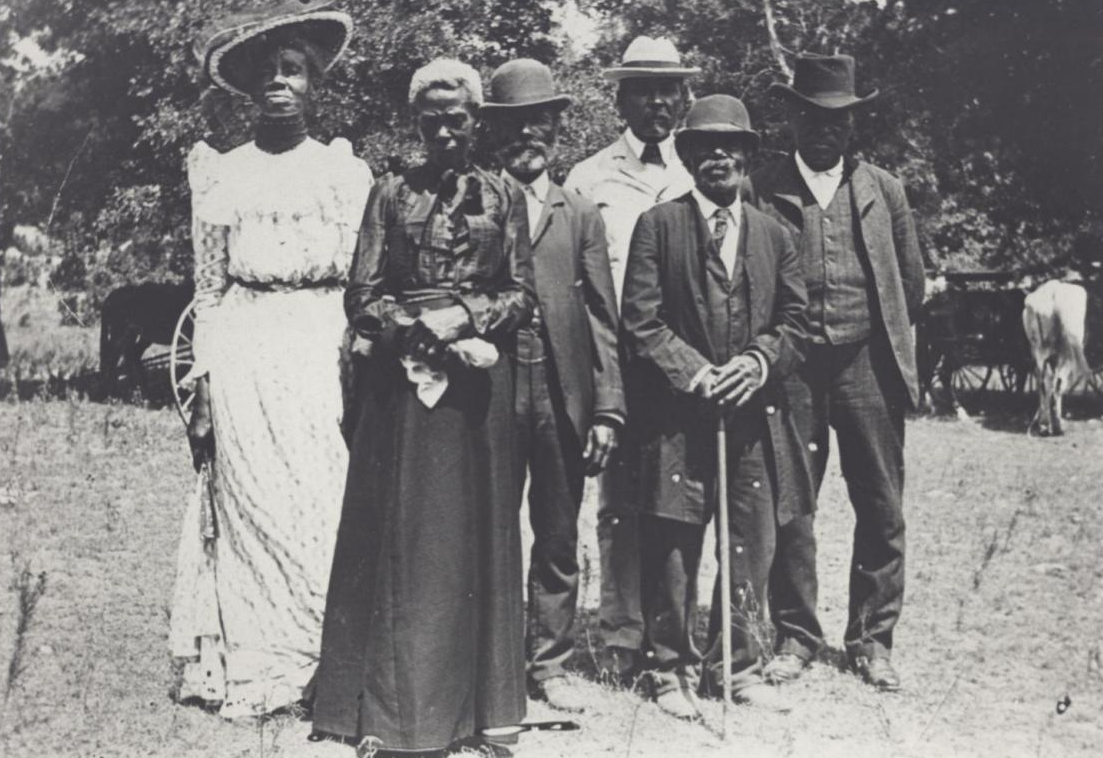A Day to Remember

On the night of December 31, 1862, known as "Freedom’s Eve," the first Watch Night services were held. Enslaved and free Black Americans congregated in churches and homes across the nation, anxiously awaiting confirmation that the Emancipation Proclamation had taken effect. As the clock struck midnight, their hopes were realized: all enslaved individuals in the Confederate States were officially declared free. Union soldiers, many of whom were Black American, marched through plantations and southern cities, sharing the news of freedom by reading from the Emancipation Proclamation. True emancipation across the entire United States would only be achieved through the Thirteenth Amendment.
However, not all individuals in Confederate territories experienced immediate freedom. Although the Emancipation Proclamation was enacted in 1863, its enforcement was limited in areas still under Confederate control. This meant that in Texas, the westernmost Confederate state, enslaved individuals would remain in bondage for a significant time. It wasn't until June 19, 1865, that freedom finally arrived, when approximately 2,000 Union troops landed in Galveston Bay, Texas. They announced that over 250,000 enslaved Black people in the state were free by executive order. This momentous occasion became known as "Juneteenth" among the newly liberated individuals in Texas.
The Reconstruction era (1865-1877), which followed emancipation, was a time filled with both optimism and challenges for the nation. Newly freed individuals were eager to reunite with their families, create educational opportunities, pursue political positions, advocate for progressive laws, and even seek reparations from former slave owners. Considering the over two centuries of bondage, these developments were truly remarkable. Just a short time after gaining their freedom, Black Americans were motivated and empowered to reshape their lives and their nation.
Juneteenth serves as our nation’s second independence day. While it has been celebrated within the Black American community for years, this significant occasion is still relatively unknown to many Americans.
The historical significance of Juneteenth underscores the importance of maintaining hope during difficult times. The National Museum of African American History and Culture in Washington, D.C. embodies this spirit of resilience, providing a space where the legacy of events like Juneteenth is honored and where new, equally important narratives are shared.